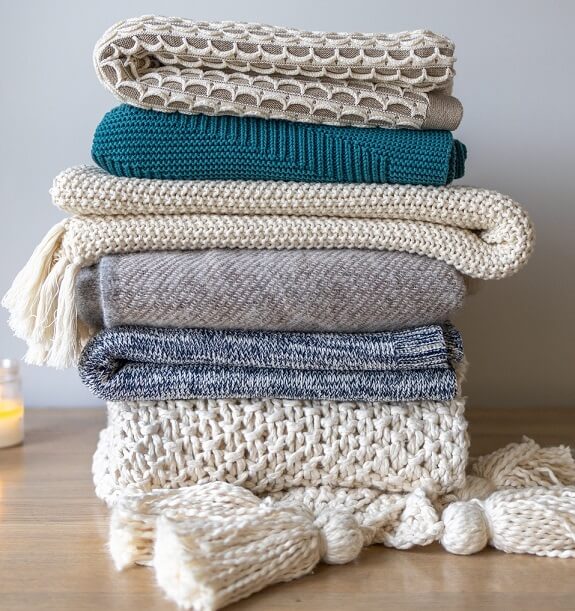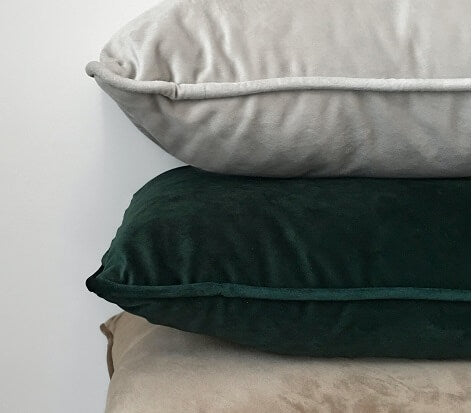The best ear plugs for swimming are those that you actually wear while swimming. It’s shocking how many people don’t use ear plugs in the water and wind up with swimmer’s ear or perforated eardrums, neither of which are pleasant. To make sure your next swim session isn’t ruined by an infection or bleeding in your ears, make sure you buy the right kind of swimming ear plugs and then wear them every time you go to the pool or the beach.

Introduction
Swimmers are at risk of getting ear infections from the water they swim in. The infection is called swimmer's ear, and it can be caused by bacteria in the pool. To prevent this, you should use ear plugs to keep water out of your ears. There are many different kinds of ear plugs that can help you swim with peace of mind. Some are designed to be worn during your entire time in the pool while others only need to be used when you go under the water.
What are the best ear plugs for swimming?
Swimming can be a great way to work out, but it also exposes your ears to water. This can lead to swimmer’s ear, an infection that causes redness, itching, pain, drainage from the ear canal and sometimes hearing loss. If you don’t want swimmer’s ear or any other kind of water-related injury, invest in some good ear plugs. They will not only keep water out of your ears but also protect them from damage when you do go in the pool.
How do I know if I need swimmer's ear?
Swimmer's ear is a painful infection of the outer ear canal that can be caused by prolonged exposure to water. If you're swimming a lot and have been experiencing pain, itching, discharge, or hearing loss, it might be swimmer's ear. To determine if you need ear plugs for swimming, see your doctor to diagnose swimmer's ear. If they diagnose you with the condition, they will prescribe antibiotics or other treatments to help heal your ears. These may include pain relievers like acetaminophen (Tylenol) or ibuprofen (Advil) to relieve any pain in the area.
How can I prevent swimmer's ear?
Swimmer's ear, or otitis externa, is an infection of the outer ear canal. The key to preventing swimmer's ear is to keep water out of your ears during activities like swimming. The best way to do this is by using a type of earplug called earplugs. There are many different types of earplugs that can help you prevent swimmer's ear, but one that is commonly recommended by doctors and audiologists are silicone plugs. These types of plugs have a flange on them that sits against the outer edge of the ear canal while in use. This helps keep water from entering into the canal and causing an infection.

Conclusion
If you are going to be spending any length of time in the water, it is worth investing in a good pair of earplugs. This will help keep water out and prevent swimmer's ear. For swimmers who are looking for ear plugs that also block out noise, silicone plugs may be a good option. These typically come with an attachable cord so they don't get lost when not in use.






